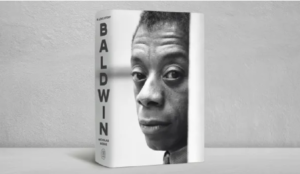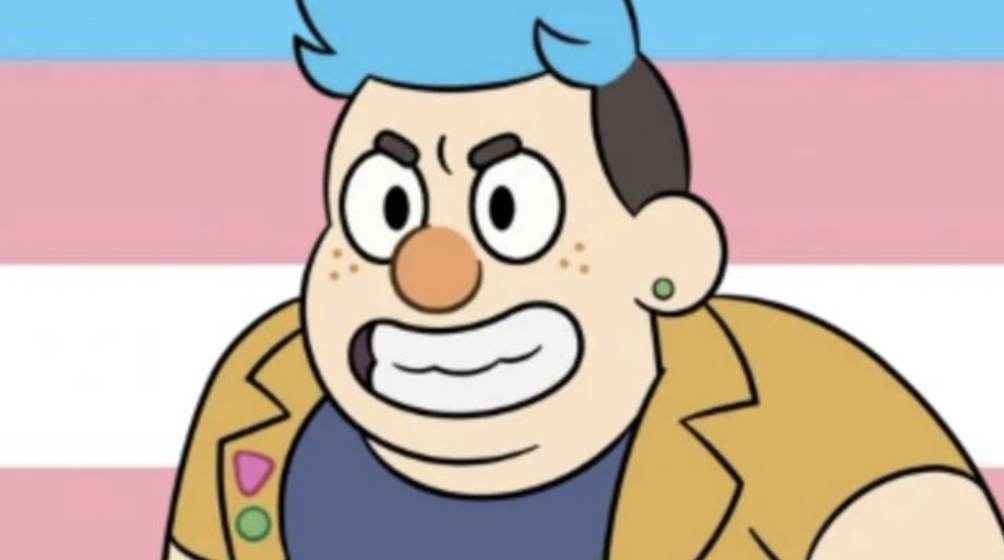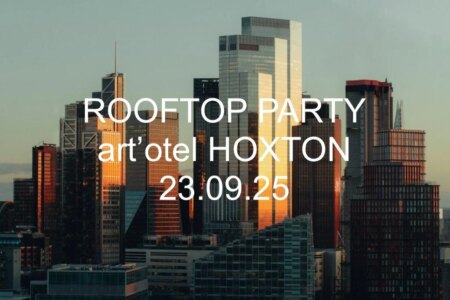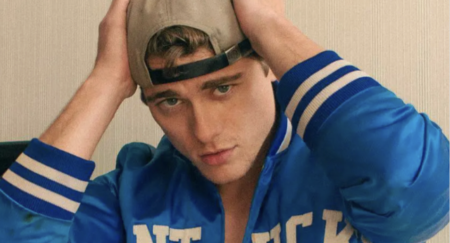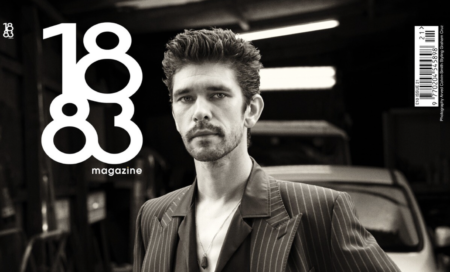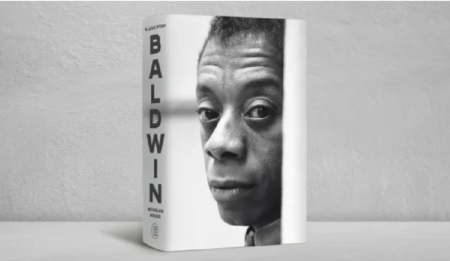Elon Musk has once again caused a stink by calling for a mass boycott of Netflix over the animated series Dead End: Paranormal Park. Despite the show having ended two years ago. Musk reignited a culture war debate by focusing attention on its inclusion of a transgender character, amplifying posts from far-right accounts falsely asserting that the series was currently being promoted to young children, declaring the content ‘not ok’ and urging parents to ‘Cancel Netflix for the health of your kids.’ Musk, incidentally, has a trans daughter.
The show’s creator, Hamish Steele, initially found the renewed criticism ‘odd’ and ‘funny’. However, the situation quickly turned concerning as Steele was bombarded with ‘extremely nasty’ homophobic and antisemitic messages, prompting him to withdraw from social media for his own safety. This episode underscores how Musk’s vast platform can resurrect dormant controversies and provoke waves of online hostility, often targeted at individual creators long after their work has left the public eye.
Dead End: Paranormal Park stood out for its progressive storytelling and LGBTQ+ representation, particularly through its transgender main character. The backlash ignited by Musk centers on accusations that the show was pushing a ‘pro-transgender agenda’ to children, a claim repeatedly propagated by far-right commentators. Industry observers note that such criticisms reflect wider cultural battles around queer representation in media, especially in content aimed at younger audiences.
Musk’s intervention has also placed the spotlight on Netflix’s programming choices and the broader conversation about inclusivity on streaming platforms. His call for subscription cancellations represents a recent escalation in his engagement with culture war issues, which has previously included critiques of social media platforms and political movements. The fallout highlights the fraught territory creators of inclusive content must navigate, facing not only commercial pressures but also hostility from influential figures and their followers.
The backlash against Steele was not isolated; it mirrors a troubling pattern where creatives advocating for LGBTQ+ representation in media face targeted harassment. According to reports, Steele’s retreat from public spaces online was a response to an onslaught of hate messages persisting well beyond the show’s original run. This situation raises important questions about the responsibility of public figures like Musk in amplifying such controversies and the real-world impact on individuals behind the content.
Overall, this incident illustrates the complex dynamics at play when cultural conflicts are amplified by high-profile voices on social media. While discussions about the appropriateness of content for children will inevitably continue, the vitriolic response to Steele highlights the risks faced by those advancing diversity in entertainment. As streaming giants like Netflix navigate these pressures, the experience of Dead End: Paranormal Park serves as a cautionary tale about how quickly dormant debates can be reignited with significant personal and professional consequences.
Source: Noah Wire Services





